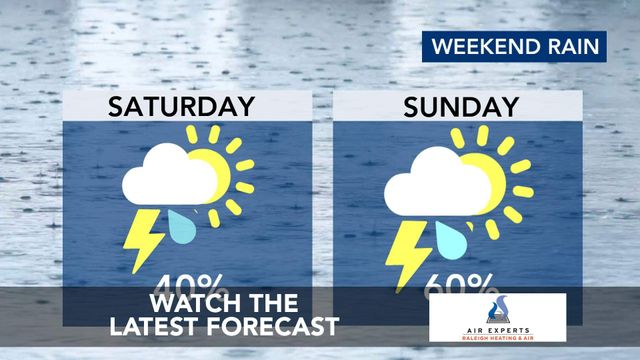MARY ANN WOLF: N.C. legislators will soon spend $1 billion surplus. Public schools must be a priority

EDITOR'S NOTE: Mary Ann Wolf is president and executive director of the Public School Forum of North Carolina.
The Office of State Budget Management recently announced North Carolina likely will have a $1 billion surplus over the initial revenue expected for the second year of the biennium budget (2024-25). This is certainly good news given the many needs across the state.
What Will the Surplus Mean for Education?
Public schools matter. They are the heart of our communities. They are the choice of 85% of families across North Carolina. They are a primary contributor to our workforce and economic success.
Rather than direct some of the $1 billion surplus to our public schools, recent reports indicate legislative leaders plan to add $300 million to the already significant ($4.6 billion over the next decade) Opportunity Scholarship Program funding or private school taxpayer-funded vouchers. Is this how North Carolinians want their public dollars spent?
School vouchers are public dollars families can apply for to use toward their children’s private school tuition. The state’s school voucher program recently became universal. No longer are there any income limitations. There is no requirement for students to have first attended public schools nor are participating private schools required to have baseline accountability measures in place.
As the Public School Forum of North Carolina outlined in its 6 Recommendations to Bring Accountability and Transparency to North Carolina’s School Voucher Program, the requirements for private schools eligible to receive taxpayer-funded vouchers are almost non-existent. The private schools do not have to be accredited, have certified teachers, nor have their students take the state-mandated achievement tests. These schools can deny access to families and students based upon religion, race, learning differences, achievement, or being part of the LGBTQIA+ community.
Recent studies, including those in Indiana, Louisiana, Ohio, and Washington, D.C., find little evidence that school vouchers improve test scores — in fact, they’ve sometimes led to score declines. Some studies found test score declines for students moving from public schools to private schools were comparable to the declines we saw as a result of the pandemic. There are very few studies on long-term impacts.
What Would $300 Million Mean for Public School Teachers and Students?
Teachers are the #1 school-related factor influencing student outcomes. While teachers enter the field and stay for a multitude of reasons, they must be able to live and support their families. Currently, over one-third of our educators earn less than a livable wage (BEST NC, 2023). At the start of the 2023-24 school year, there were 2,840 vacancies in K-12 teaching positions across the state spanning all grade levels and subject areas, and another 744 vacant exceptional children teaching positions.
This state ranked 36th in the nation in average teacher salary -- $54,863 in 2021-22. Since these numbers were released, South Carolina, Tennessee, and Arkansas have all passed historic teacher raises while North Carolina continues to fall behind. The minimum Tennessee salary will be $50K by 2026, and the minimum salary this year in Arkansas is already $50K. What could $300 million mean for our public school teachers and students?
North Carolina Has a Decision to Make and YOU Have a Vote
The state has a significant opportunity to support the 1.4 million students in our public schools. With only a part of the surplus, $300 million, the General Assembly could make a big impact on teacher compensation in the short session. That $300 million would allow investing in teachers and students with additional pay raises of over 4% to every teacher in the state and to the principals, assistant principals, and other instructional roles.
We will still have a long way to go, but this would be a significant investment in our students, families, schools, and our educators. Public schools matter to each and every community across North Carolina. With meaningful investments, they can continue to thrive and serve our state.
Capitol Broadcasting Company's Opinion Section seeks a broad range of comments and letters to the editor. Our Comments beside each opinion column offer the opportunity to engage in a dialogue about this article. In addition, we invite you to write a letter to the editor about this or any other opinion articles. Here are some tips on submissions >> SUBMIT A LETTER TO THE EDITOR









